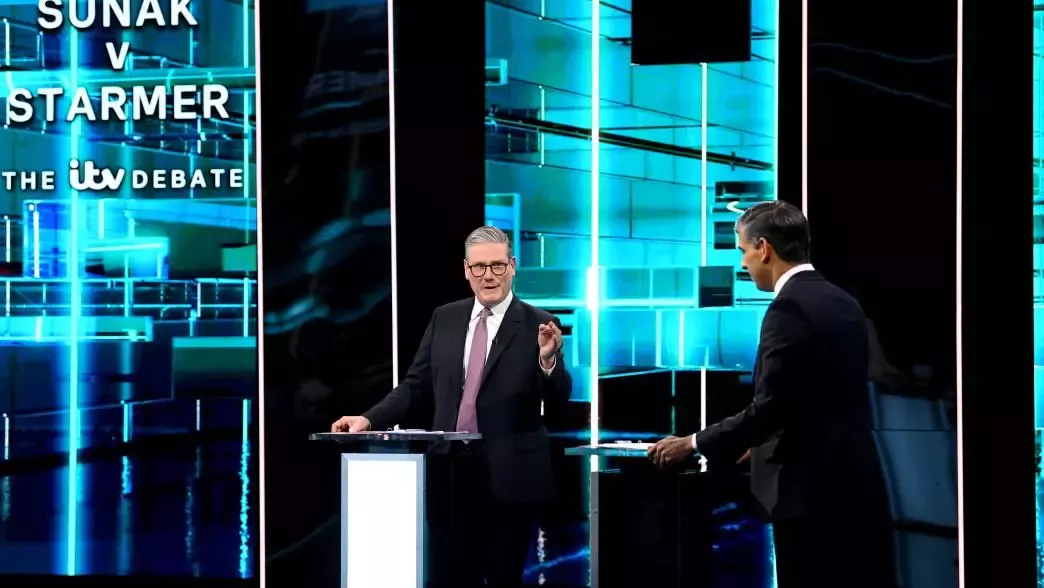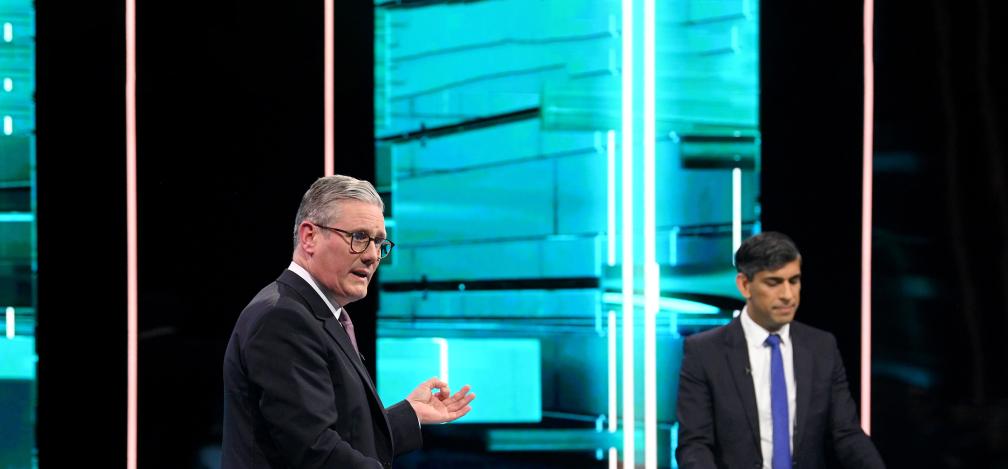Labour and the Conservatives might regret ducking the most difficult choices in their manifestos
Rishi Sunak and Keir Starmer have not said how they would address implausible spending plans.

There are moments of encouragement to be found in the manifestos of both main parties – but also a credibility gap running through both Labour and Conservative plans for government, warns Hannah White
General election 2024: The precarious state of the state
Many of the UK's problems will require immediate attention from whoever holds the keys to No.10 on 5 July. Our report sets out the scale and severity of the challenges that will define the next government's first years in power.
Read the report